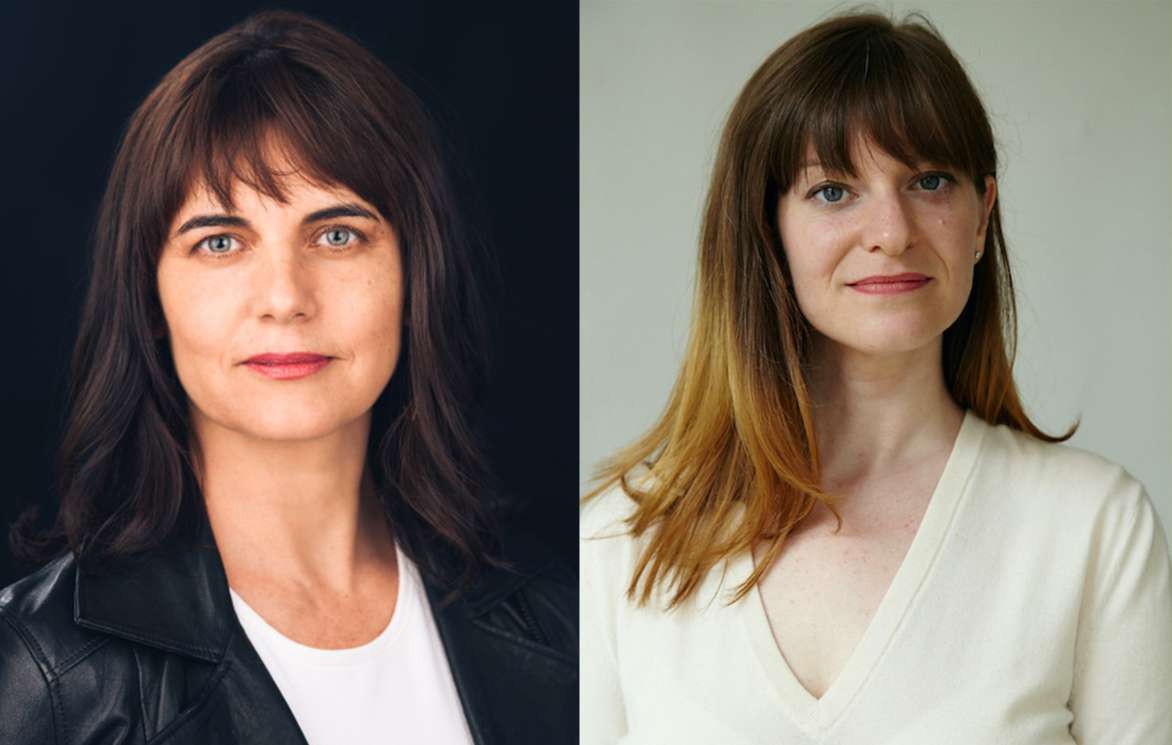Sea and River Edges: Visual Representations and Submerged Perspectives on Water in the Américas extends the dominant paradigm of American environmental art and its historical canon by focusing on contemporary feminist, Indigenous, and Afro-diasporic “submerged perspectives” from those geographies that reside in the nexus between land and sea. Sea and River Edges is a project of revising colonial depictions of pristine landscapes by foregrounding artists’ renderings from a decolonial approach. This project draws attention not only to depictions of unspoiled territories, but also to the urgent loss of biodiverse life in the face of climate change, crisis, and extractive industrial practices. In particular, it critically expands upon the Hudson River School whose mid-19th century canonical paintings offered a romantic vision of liquid territory that, in part, facilitated the industrialization of the entire Manhattan region to the detriment of the Lenape Indigenous peoples. This extractive view extended to the Américas, as seen in the work of Frederic Edwin Church, the Hudson painter who is central to this project. Sea and River Edges provides a curatorial and scholarly vision that centers contemporary decolonial voices (in particular feminist ones) and artistic agency, as well as diasporic presences to provide a contemporary artistic lens of the present and future. By including contemporary work alongside that of Church’s, this project attempts to revise an art historical cannon that was built by intentionally extracting such particular views.
Macarena Gómez-Barris and Alaina Claire Feldman
See Also
1977
Thomas Ammann Fine Art initiates the ongoing Andy Warhol Catalogue Raisonné: Paintings, Sculptures, and Drawings project.
